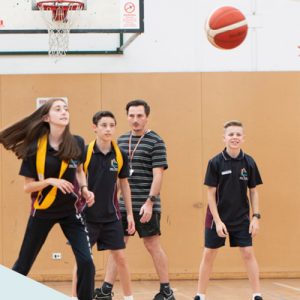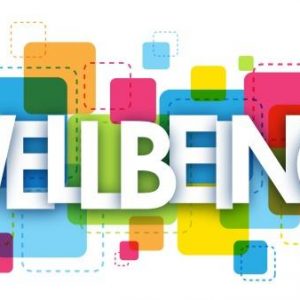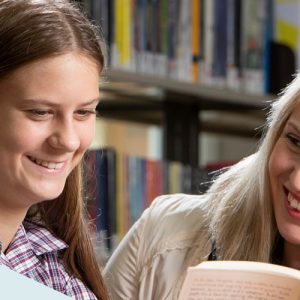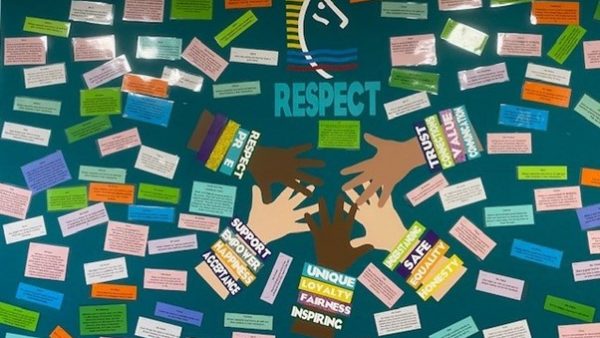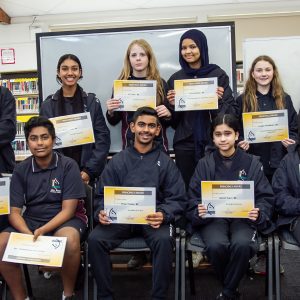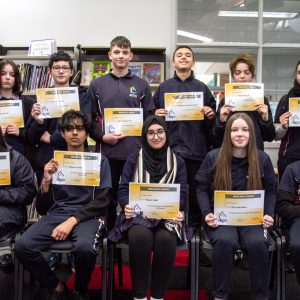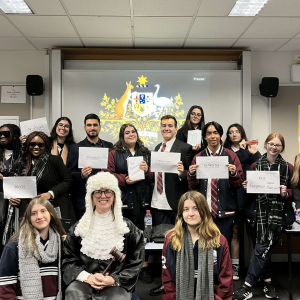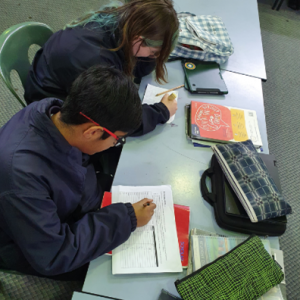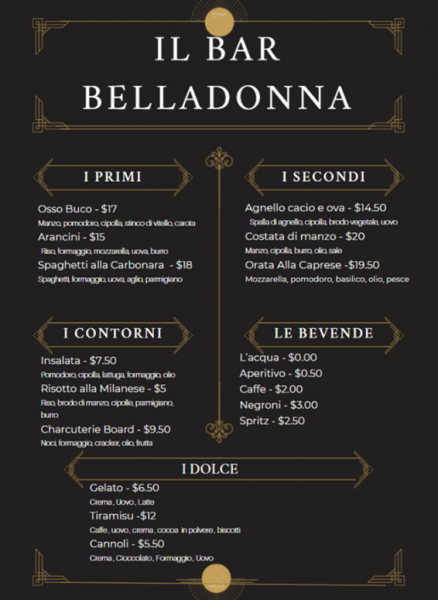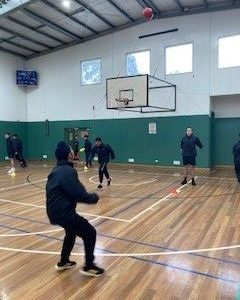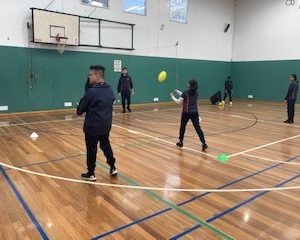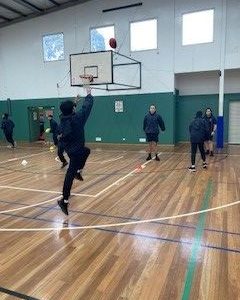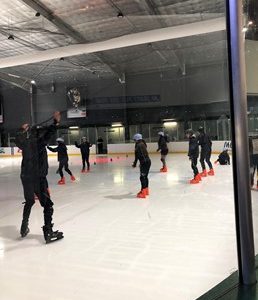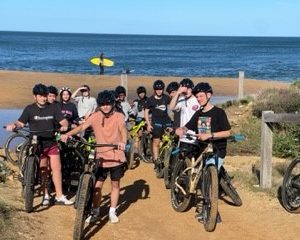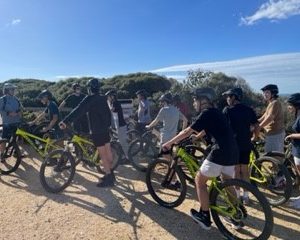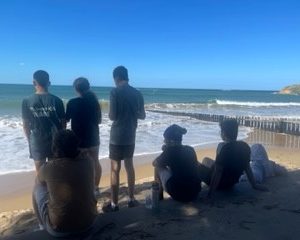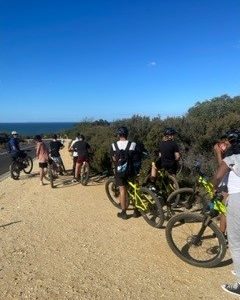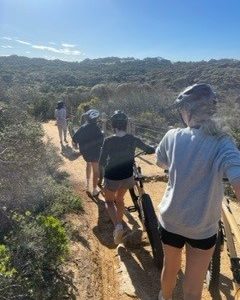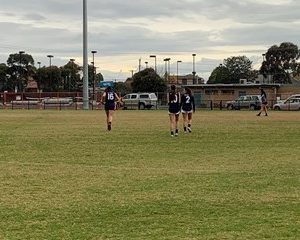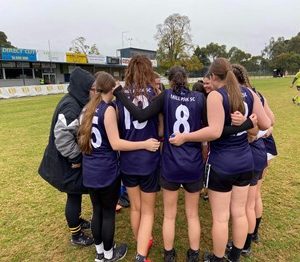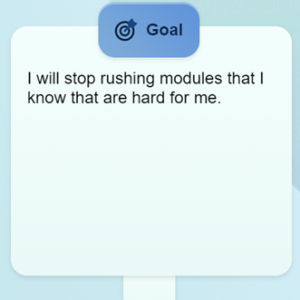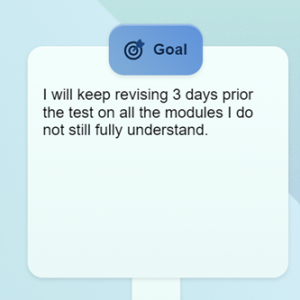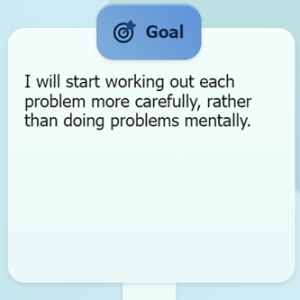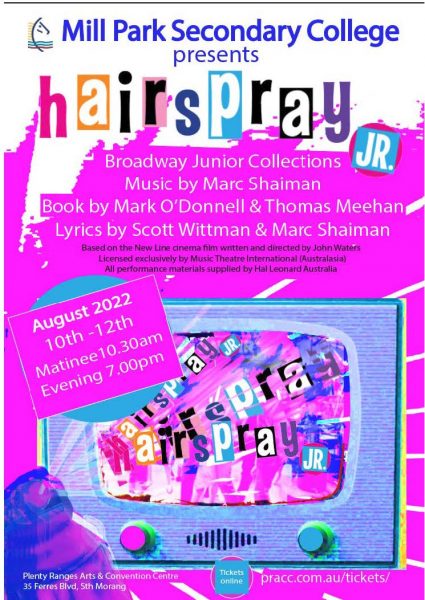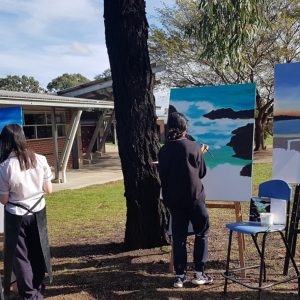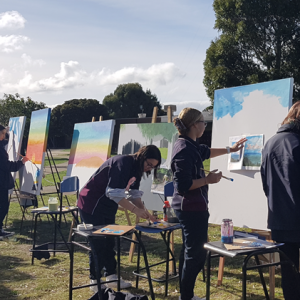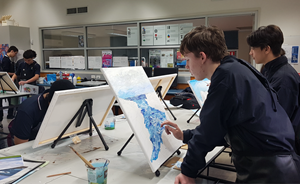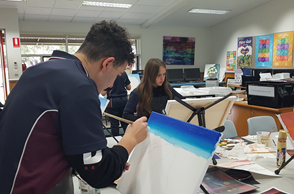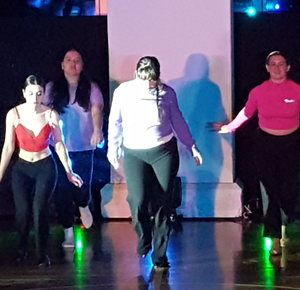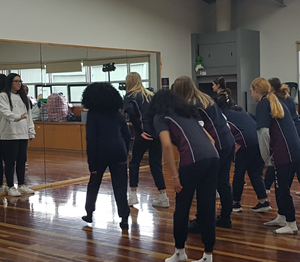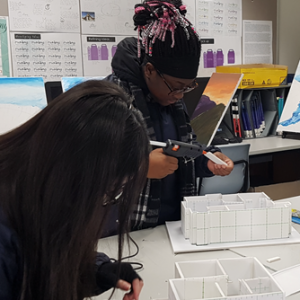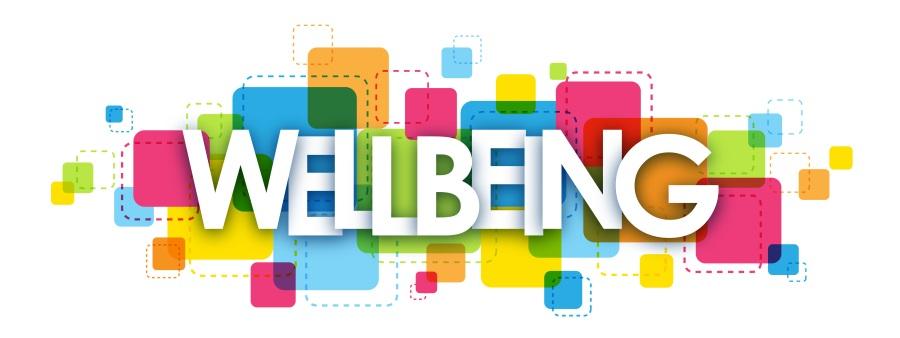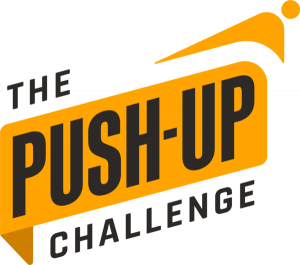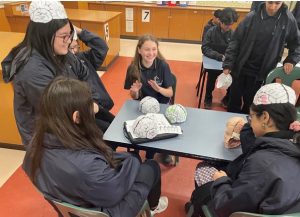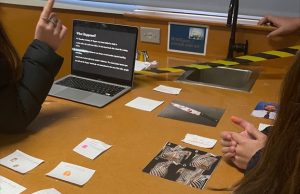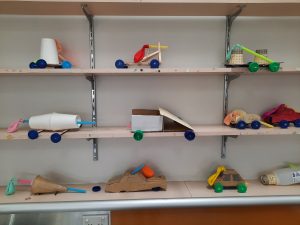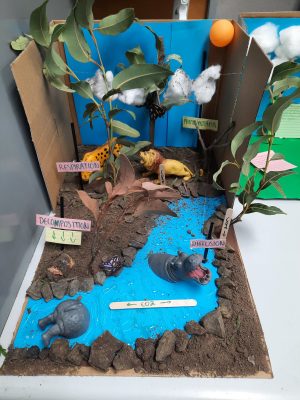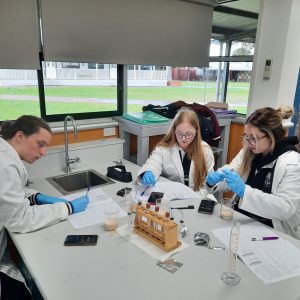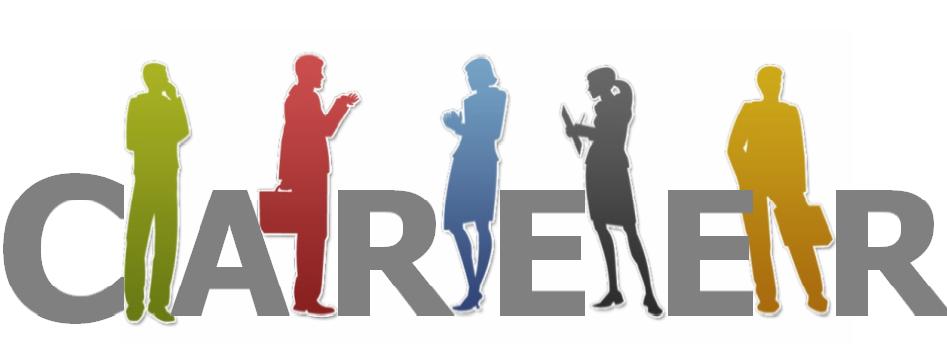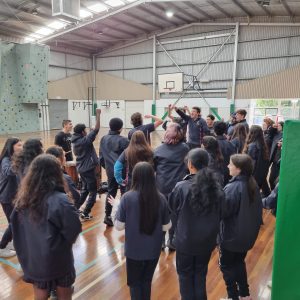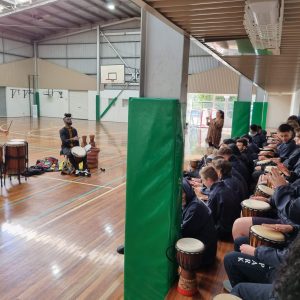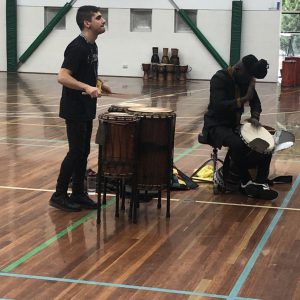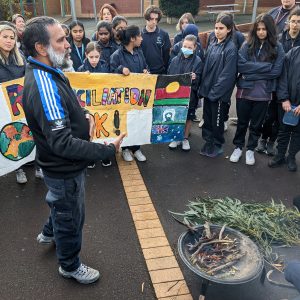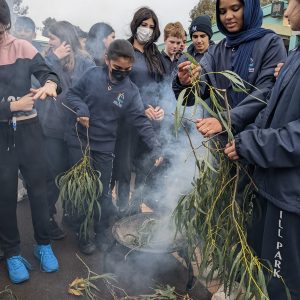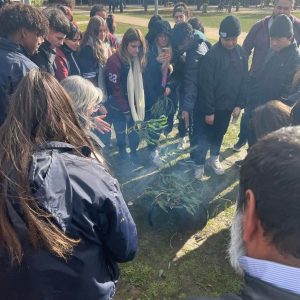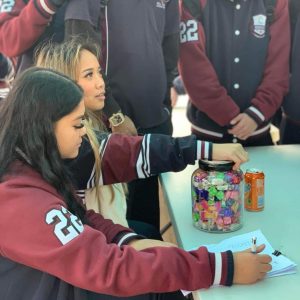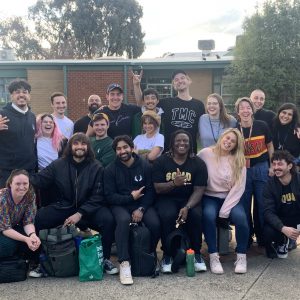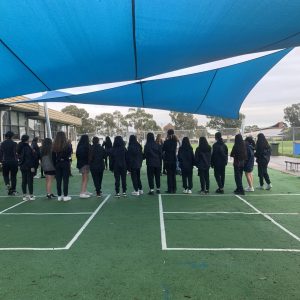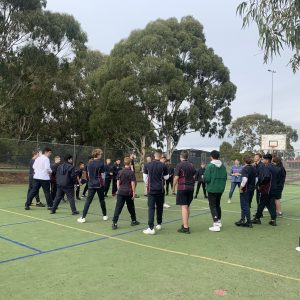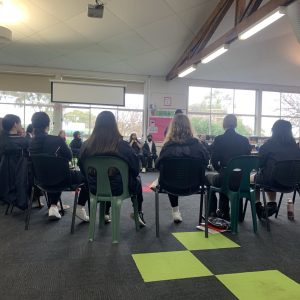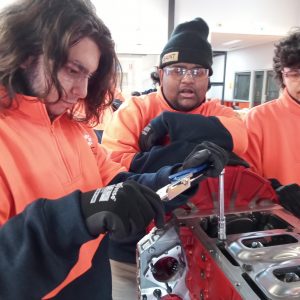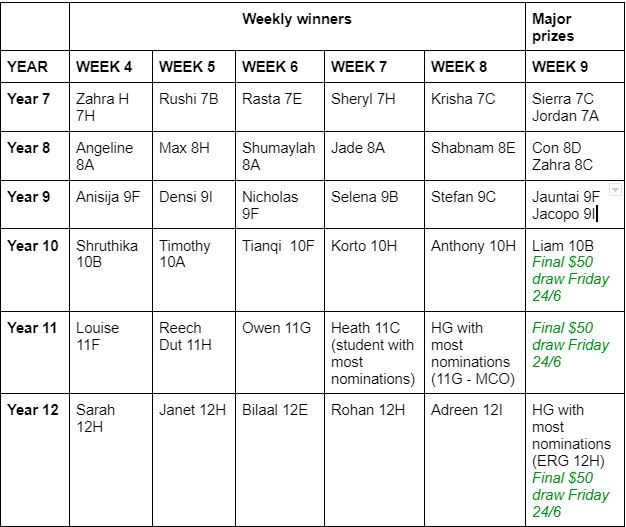Push Up Challenge
Staff and students participated in the Push Up Challenge across the month of June. It involved completing 3,139 push-ups or alternative exercise over 24 days, which represented the number of lives lost in Australia to suicide in 2020.
Some participated individually whilst others joined as part of a team. It was a fun way to learn about mental health via daily messages with mental health facts and tips, which attempts to reduce the stigma associated with mental health as well as encouraging people to seek help when needed.
As a community at the school, over 50,000 push-ups/alternate exercise were completed and over $1000 raised to support the selected mental health services and programs across the state
New Child Safe Standards and Codes of Conduct
As of July 1 2022, all Victorian schools are bound by a revised set of Child Safe Standards to improve the focus on equity and inclusivity to help create safe learning environments for students. There are 11 new Child Safe Standards, which replaces Victoria’s current seven standards and principles:
- Child Safe Standard 1: Organisations establish a culturally safe environment in which the diverse and unique identities and experiences of Aboriginal children and young people are respected and valued
- Child Safe Standard 2 – Child safety and wellbeing is embedded in organisational leadership, governance and culture
- Child Safe Standard 3 – Children and young people are empowered about their rights, participate in decisions affecting them and are taken seriously
- Child Safe Standard 4 – Families and communities are informed, and involved in promoting child safety and wellbeing
- Child Safe Standard 5 – Equity is upheld and diverse needs respected in policy and practice
- Child Safe Standard 6 – People working with children and young people are suitable and supported to reflect child safety and wellbeing values in practice
- Child Safe Standard 7 – Processes for complaints and concerns are child focused
- Child Safe Standard 8 – Staff and volunteers are equipped with the knowledge, skills and awareness to keep children and young people safe through ongoing education and training
- Child Safe Standard 9 – Physical and online environments promote safety and wellbeing while minimising the opportunity for children and young people to be harmed
- Child Safe Standard 10 – Implementation of the Child Safe Standards is regularly reviewed and improved
- Child Safe Standard 11 – Policies and procedures document how the organisation is safe for children and young people
Helping Children Manage Stress and Emotions
Helping your child develop health coping strategies to manage their stress, emotions, and challenging times is important as it will help them deal with setbacks and stressful situations easier and feeling equipped to manage their emotions.
Coping is about working and getting through hard circumstances and is a learnt skill with practice rather than something that we are born knowing how to cope. It’s never too early or late to teach children healthy coping strategies that will foster their resilience.
Some ways to help teach health coping skills are:
- Modelling health coping behaviours: practice healthy coping skills yourself. Children largely learn from observing how to cope from significant people around them. If they see you coping in healthier ways, it is more likely that they will do the same.
- Teach new coping strategies when everyone (including yourself) is calm. It is increasingly more difficult to learn something new when we are feeling heightened or overwhelmed. Avoid introducing new strategies during a stressful situation.
- Attempt various coping skills: there is not one fit for everyone and what works today may not work on another day. It is important that children practice various coping strategies to discover what works best at any given time.
- Build coping skills into your daily routine: humans are creatures of habits and thus in practicing coping skills daily (not just when in distress), it becomes part of your child’s everyday life and thus they will more likely utilise them automatically and without realising it.
Examples of coping strategies
- Doing something active
- Walk, jog, run, hike
- Yoga, stretching, or Pilates
- Jumping jacks
- Dance
- Bounce or kick a ball
- Squeeze a stress ball
- Bike / scooter ride
- Play a family game of tag or basketball
- Boxing
- Gym
- Relaxation
- Listen to calm music
- Deep belly / stomach breathing
- Think or visualise a calm or happy place
- Tense and relax your muscles
- Time out: take a quiet break or rest
- Sip water
- Read a book, comic, magazine
- Have a warm bath or shower: warm water relaxes our muscles
- Hug a stuffed animal
- Go outside for air or look at nature, clouds, etc. Close your eyes and listen to various sounds around you
- Be creative
- Colour, draw, paint, sketch
- Write a poem
- Play an instrument
- Write a song
- Journal: write about your thoughts and feelings
- Create a time capsule with your favourite things from the past year
- Get out and be social
- Call or visit a friend
- Cuddle or play with your pet
- Facetime with others
- Talk and share your feelings with a trusted person
- Play a game with a friend or family
- Shift your mindset
- Practice gratitude: what is at least 1 thing you are grateful for
- Close your eyes and think about something you are looking forward to
- Think about something that makes you laugh
- Reframe unhelpful thoughts to one that is more balanced e.g., “I won’t be able to do it” reframed to “I will give it a go and try my best”.
- Focus on what is within your control
Support services
Mobile Apps
- Headspace
- Smiling Mind
- Beyond Now
- Insight Timer
- Self-help for anxiety management (SAM)
Self-help resources
Advice on how to help a friend who is experiencing difficult times https://headspace.org.au/young-people/how-to-help-a-friend/
Tips for wellbeing and healthy mindsets https://headspace.org.au/young-people/tips-for-a-healthy-headspace/
Mental fitness https://au.reachout.com/mental-fitness
Kids helpline Website https://kidshelpline.com.au/teens
Youth Services https://www.whittlesea.vic.gov.au/community-support/young-people/youth-services/







